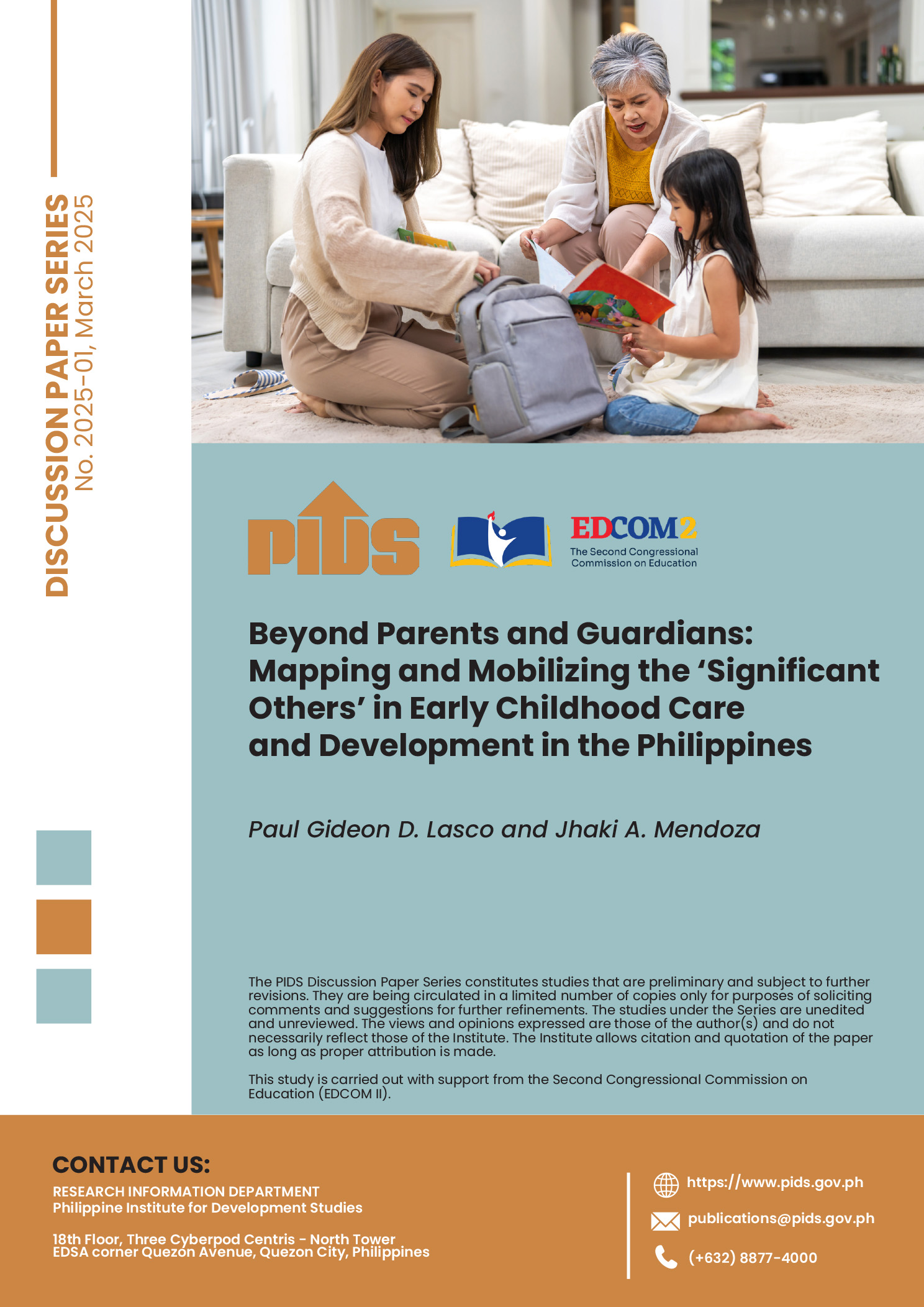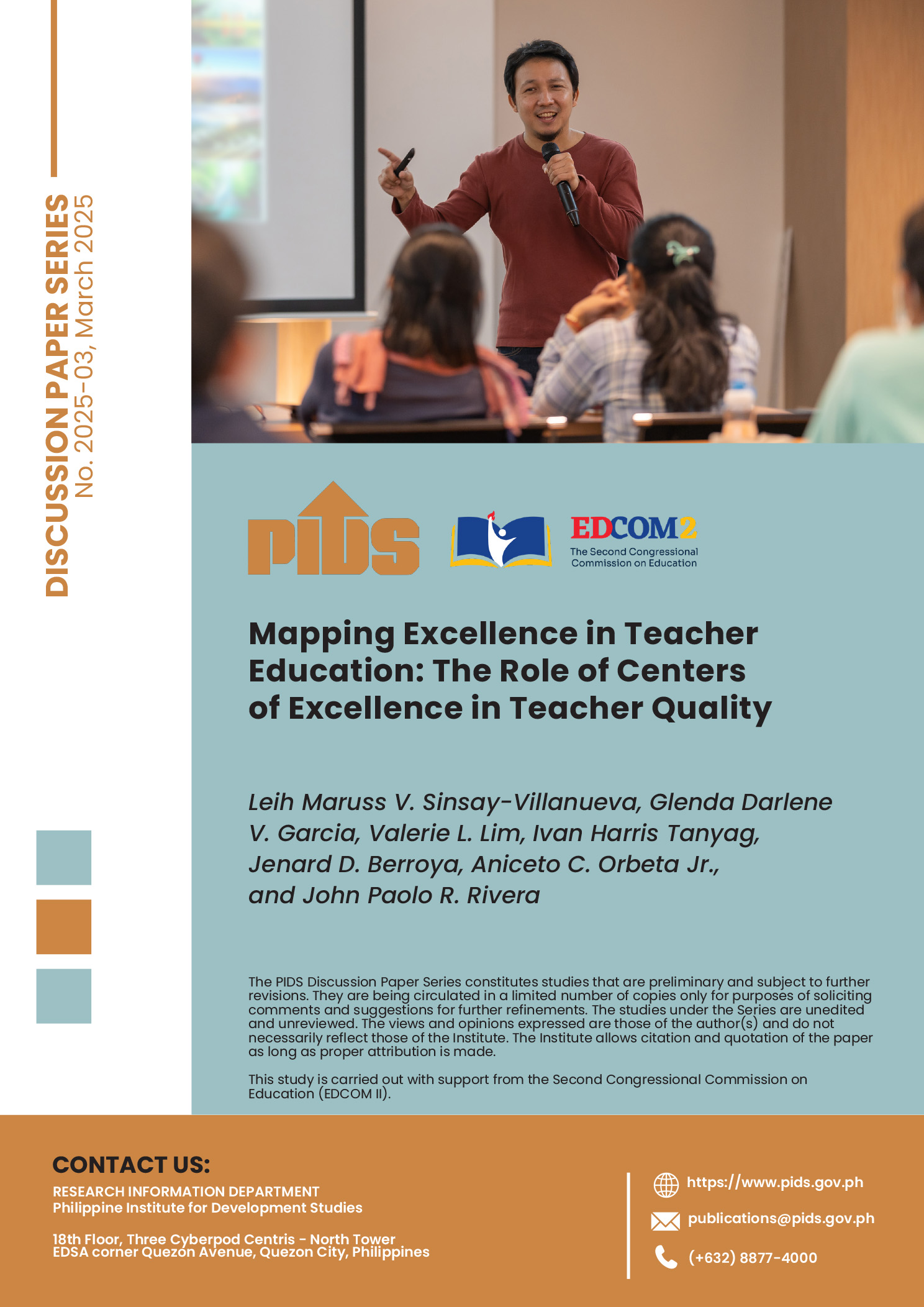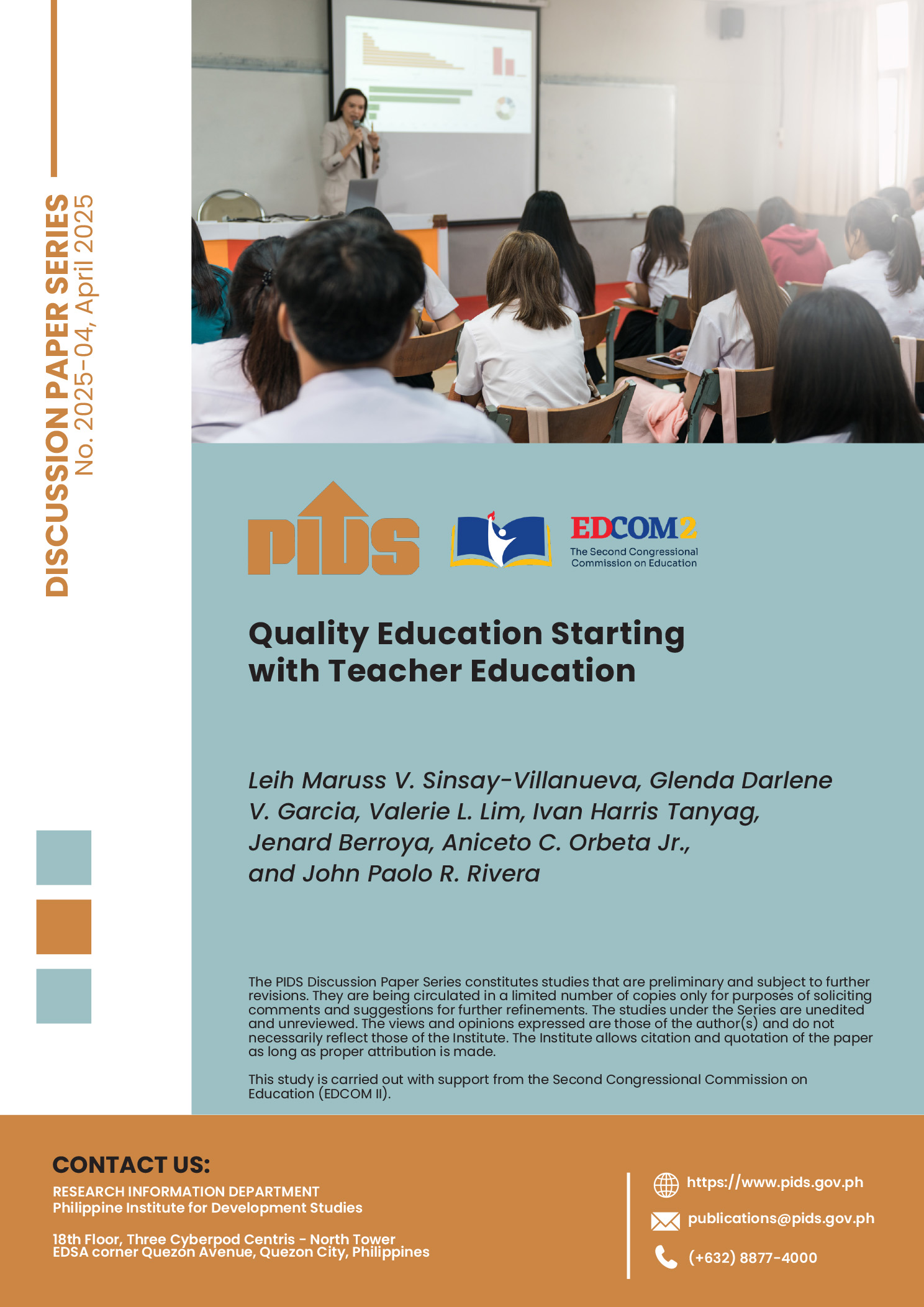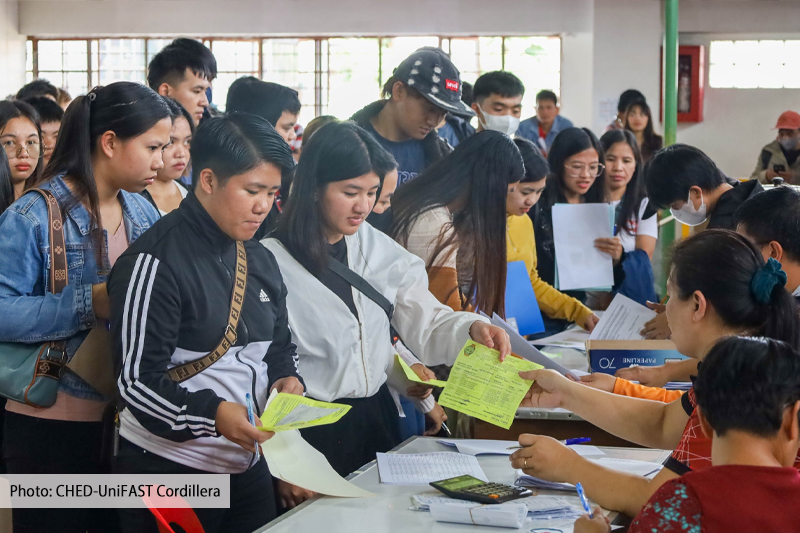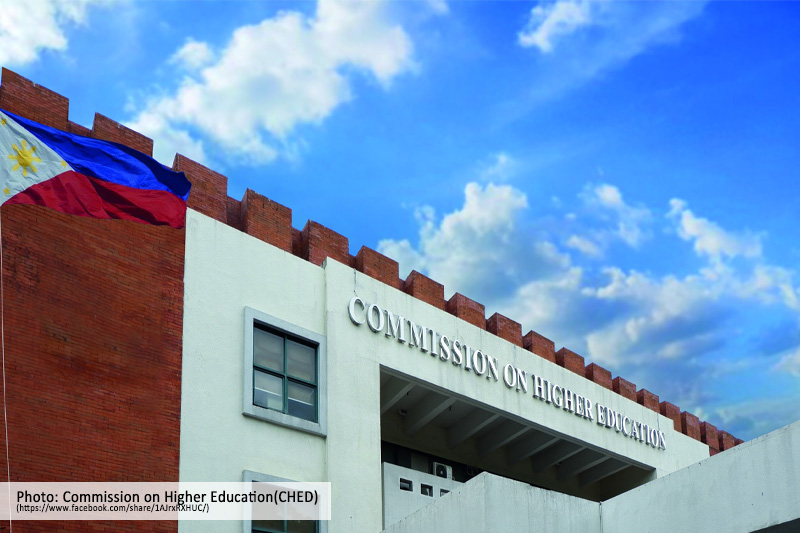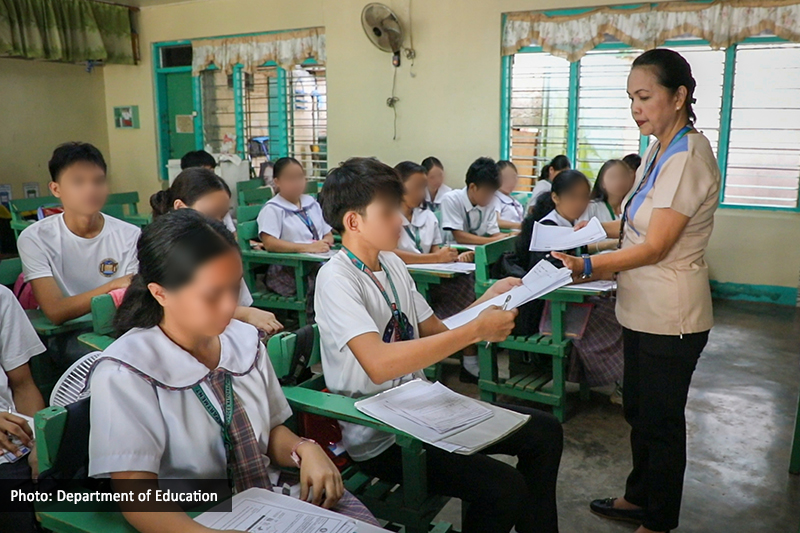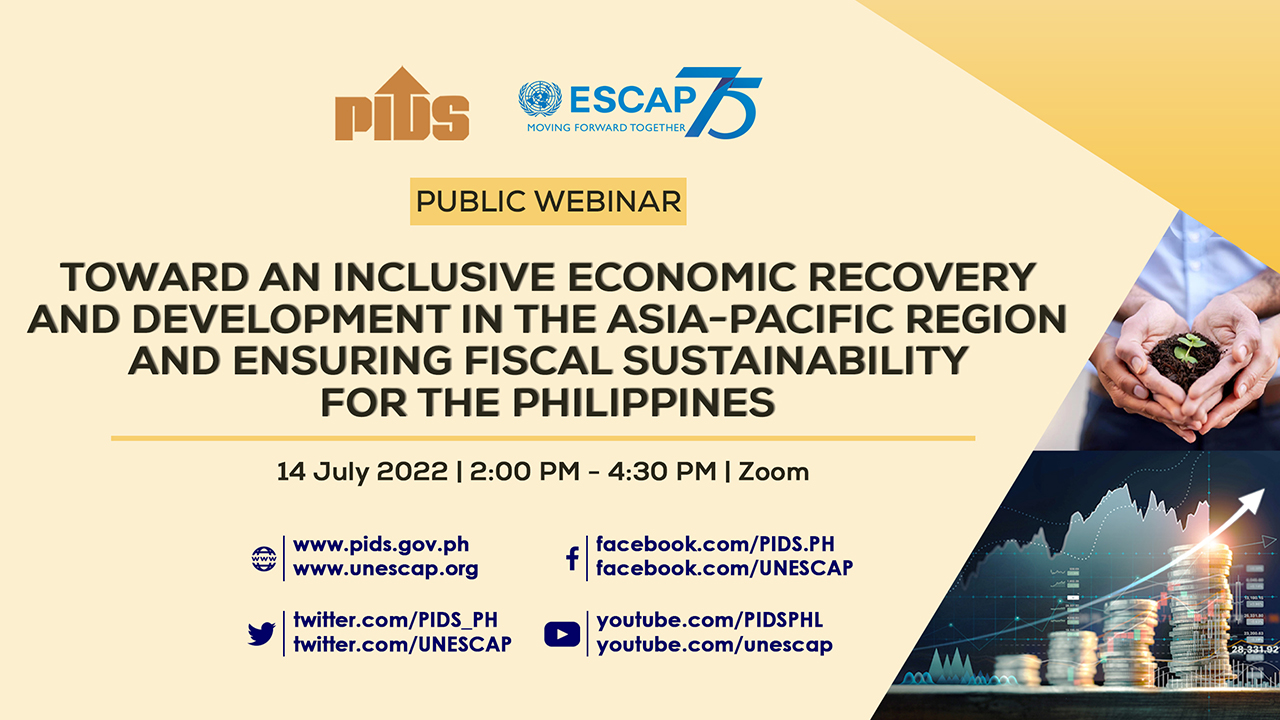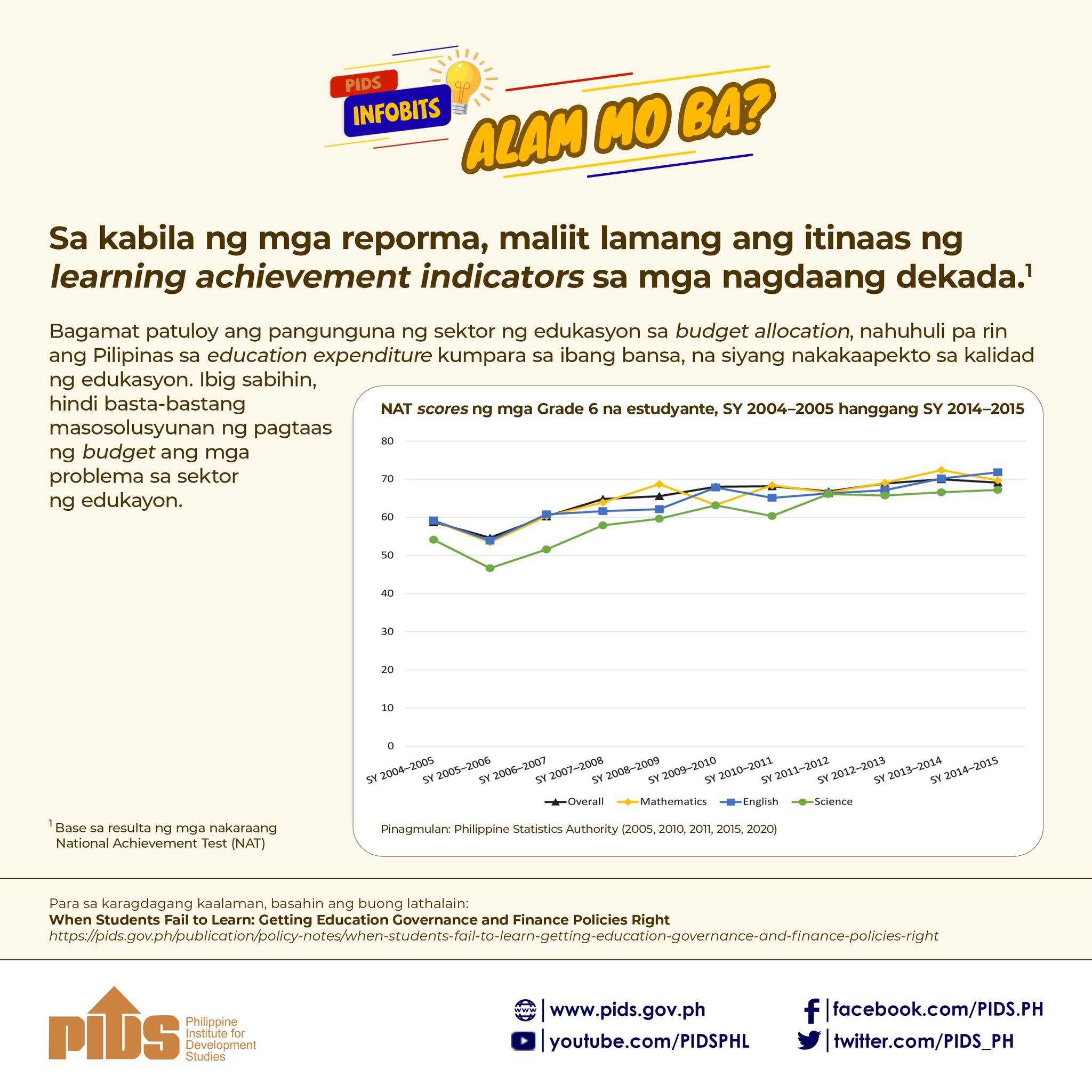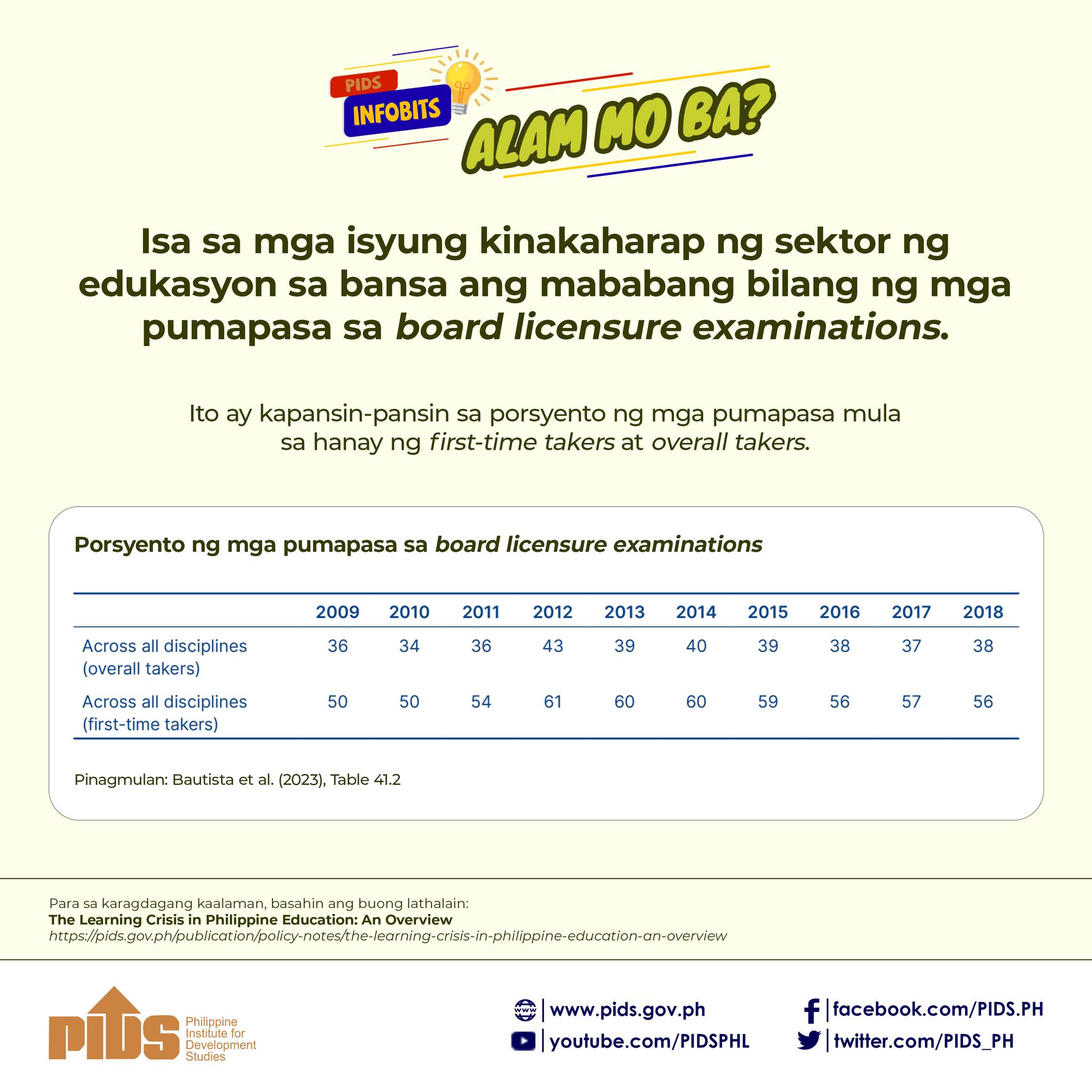WITH the opening of classes today, the United Nations Children’s Fund (Unicef) called for immediate and collective actions for the learning recovery of the Filipino youth, especially those affected by the Covid-19 pandemic.
“The learning crisis affects vulnerable children the most and is a major driver of intergenerational poverty and inequality. The futures of millions of children in the Philippines hang in the balance,” said Unicef Philippines Representative Oyunsaikhan Dendevnorov.
As per the 2019 Functional Literacy, Education and Mass Media Survey conducted by the Philippine Statistics Authority, around 78 percent of young Filipinos aged 3 and 4 were not attending day care while 28 percent of 5-year-olds were not enrolled in kindergarten. The figures are more depressing in regions like the Bangsamoro Autonomous Region in Muslim Mindanao (BARMM), where 90 percent and 35 percent of kids were not taking both the early education levels, respectively.
Studies show quality preprimary education is a foundation of a child’s academic journey. Every stage of learning that follows depends on its success.
According to her, addressing the challenges confronting the local and global education sectors is possible. Dendevnorov said: “We know the solutions to ensure all children gain basic skills to prevent a generational catastrophe.”
Unicef commended the Department of Education and the BARMM Ministry of Education for getting millions of learners back into schools after the health crisis and launching the new K-10 Curriculum focused on foundational skills.
Despite these developments, Unicef encouraged officials to prioritize early learning, strengthen parental participation, and augment local actions tied to the national academic agenda.
“We must act urgently to ensure every child reaches and stays in the classroom,” she said.
Unicef keeps advocating and supporting the government in making sure that quality Early Childhood Education (ECE) services are available for all children 3 to 5 years old, especially the vulnerable ones with disabilities, as well as those in hard-to-reach and disaster-prone areas.
Local governments and schools must maintain annual data on the total population of this age group, numbers of enrolled and not, together with the contributing factors to their non-participation in ECE as basis for planning and implementing interventions.
Research of the Philippine Institute for Development Studies (PIDS) traced the low enrollment of children in prekindergarten to their parents’ notion that they are still too young to study, and the uneven distribution of daycare centers between first-class and lowest-income municipalities.
Parents and caregivers empowerment, likewise, is pivotal in learning recovery. In fact, the Southeast Asia Primary Learning Metrics 2019 study showed Filipino children had the largest gap in test scores between those with the most-engaging parents and the least ones, compared to their counterparts from the other five participating countries in the region.
Given this, parents and guardians should be armed with the right knowledge and skills to be engaged in their children’s de-velopment and learning, making their academic success more attainable. Activities that foster parent-child relationships and improve the youngsters’ self-confidence and urge to learn can go a long way in improving educational outcomes.
For Unicef, government officials need to beef up and align local actions to national education priorities.
Following the alignment of the MATATAG agenda with the Basic Education Development Plan 2030, the international agency hopes that DepEd can support all regional and division offices, as well as schools to realign their respective development plans with national directives.
These plans, along with the piloting of the recently launched K-10 curriculum, will guarantee significant improvements in both the academic and administrative operating environment of DepEd and all classrooms nationwide to speed up learning recovery.
Unicef also believes that resources and political will to support education should make equitable access to education certain for the most disadvantaged children, including those with differently-abled, residing in remote areas, or belonging to indigenous groups.

